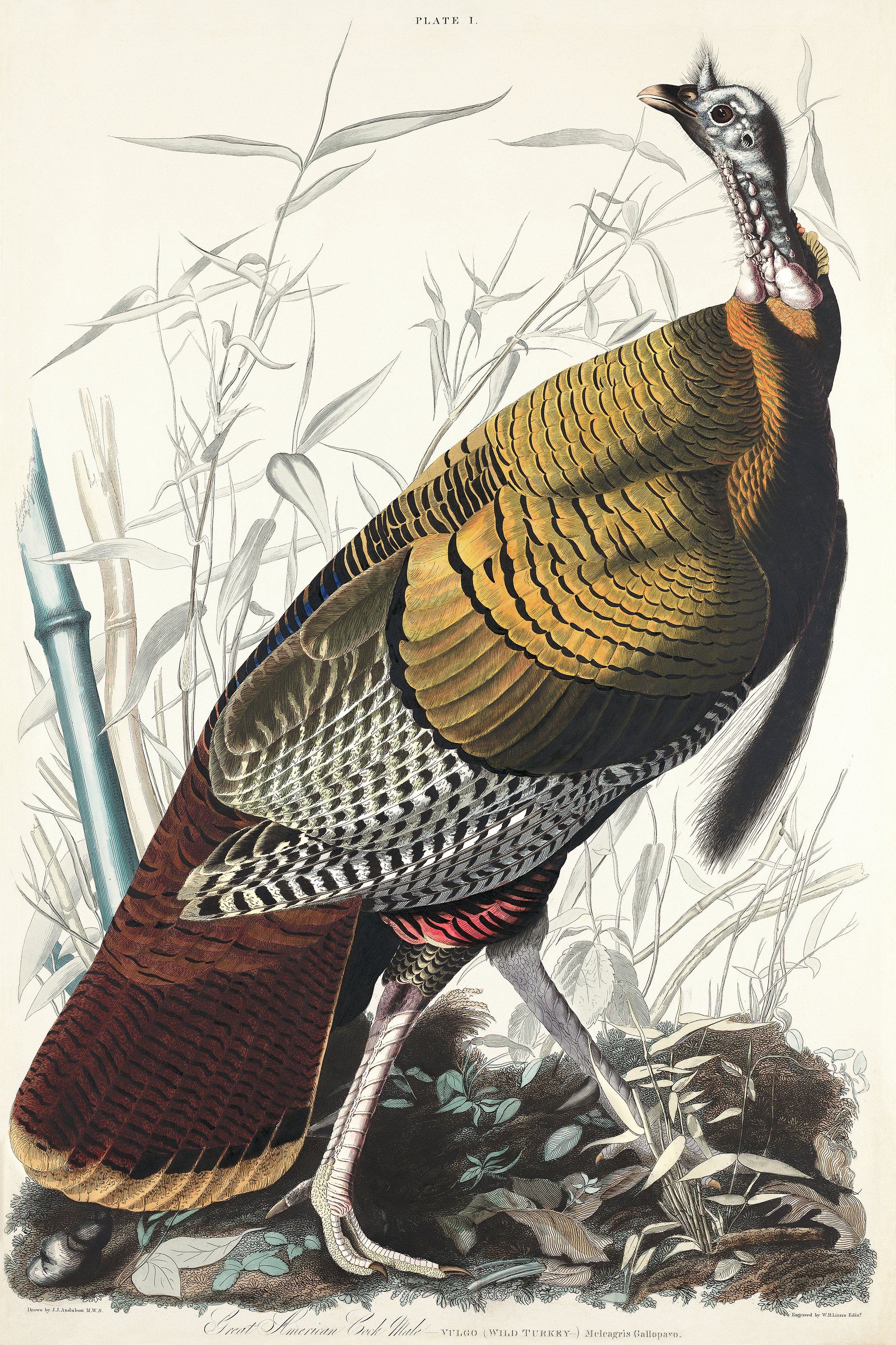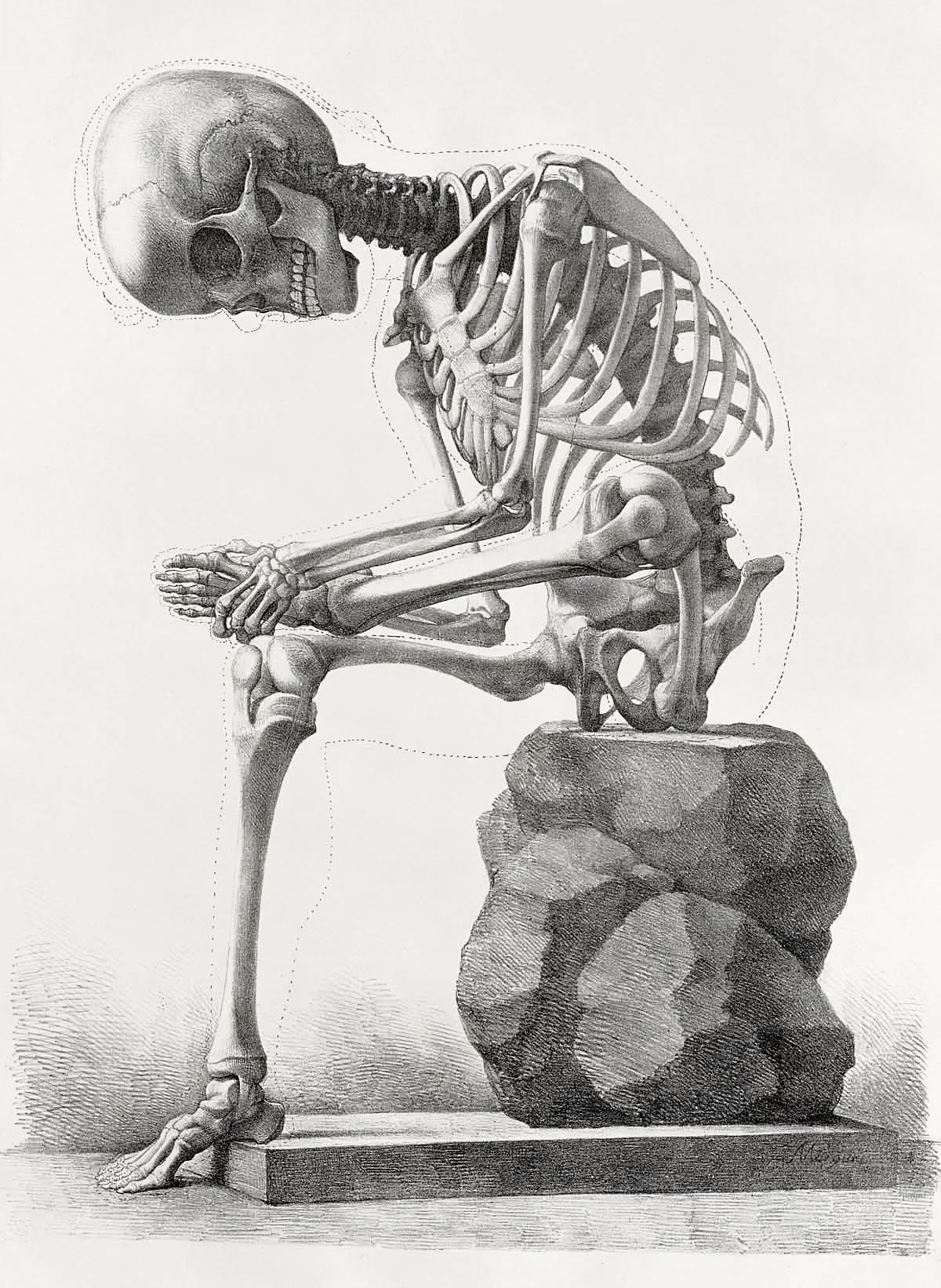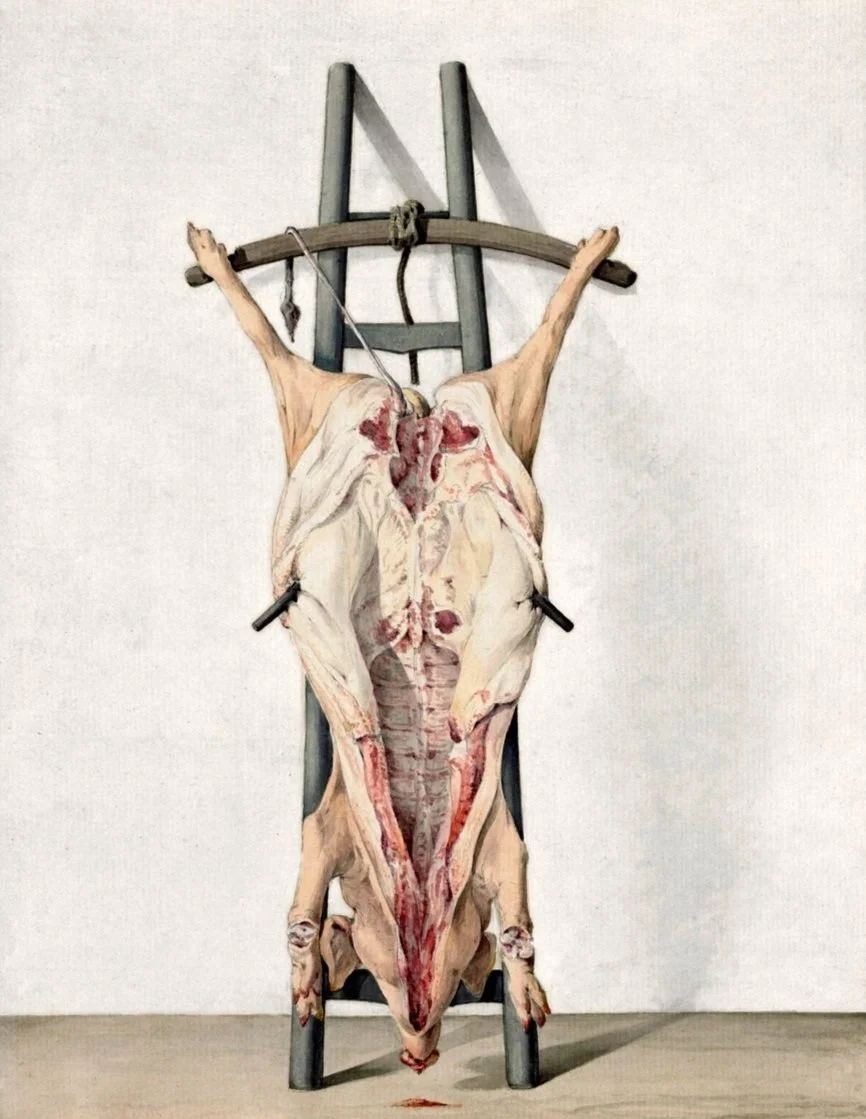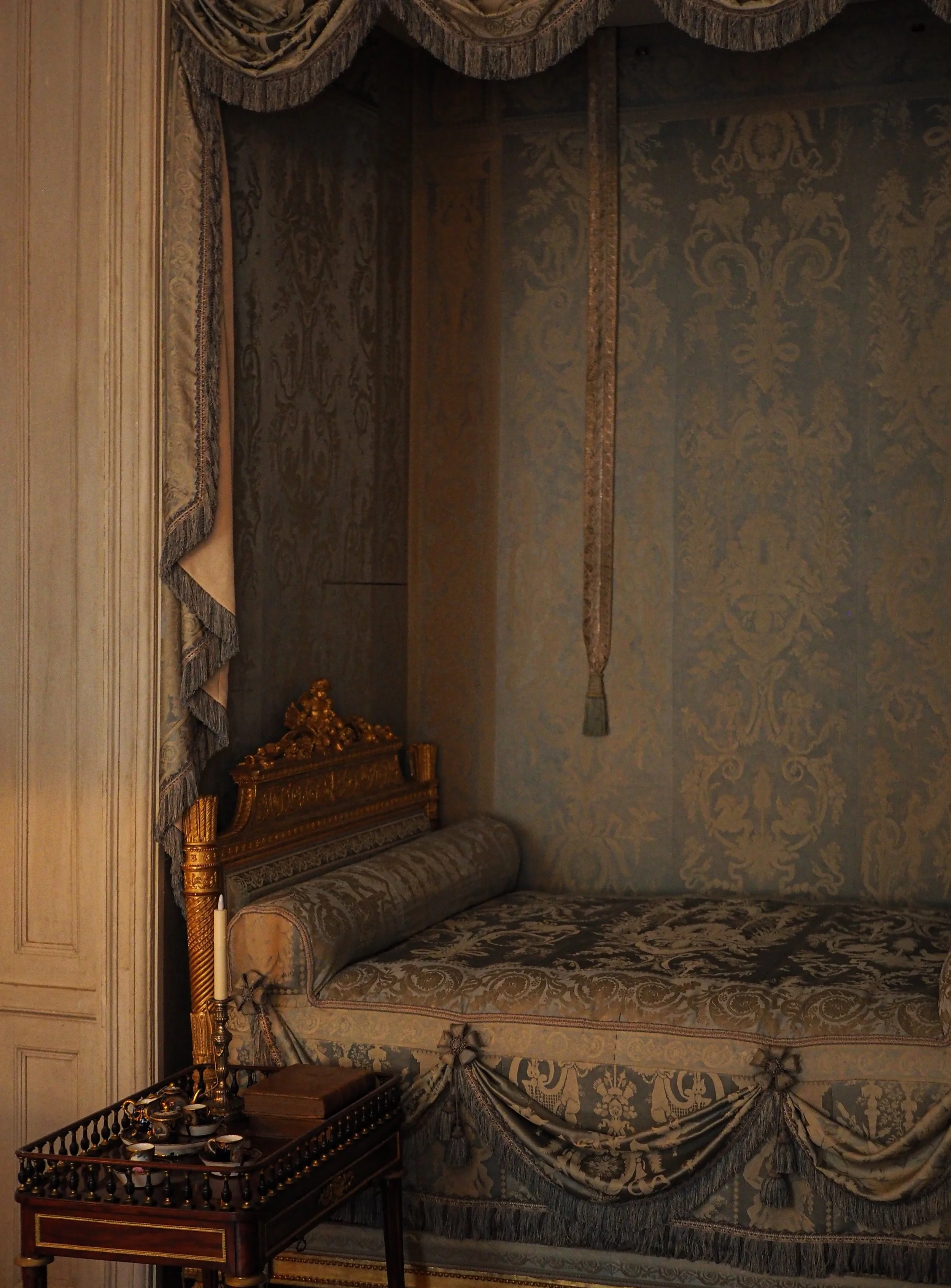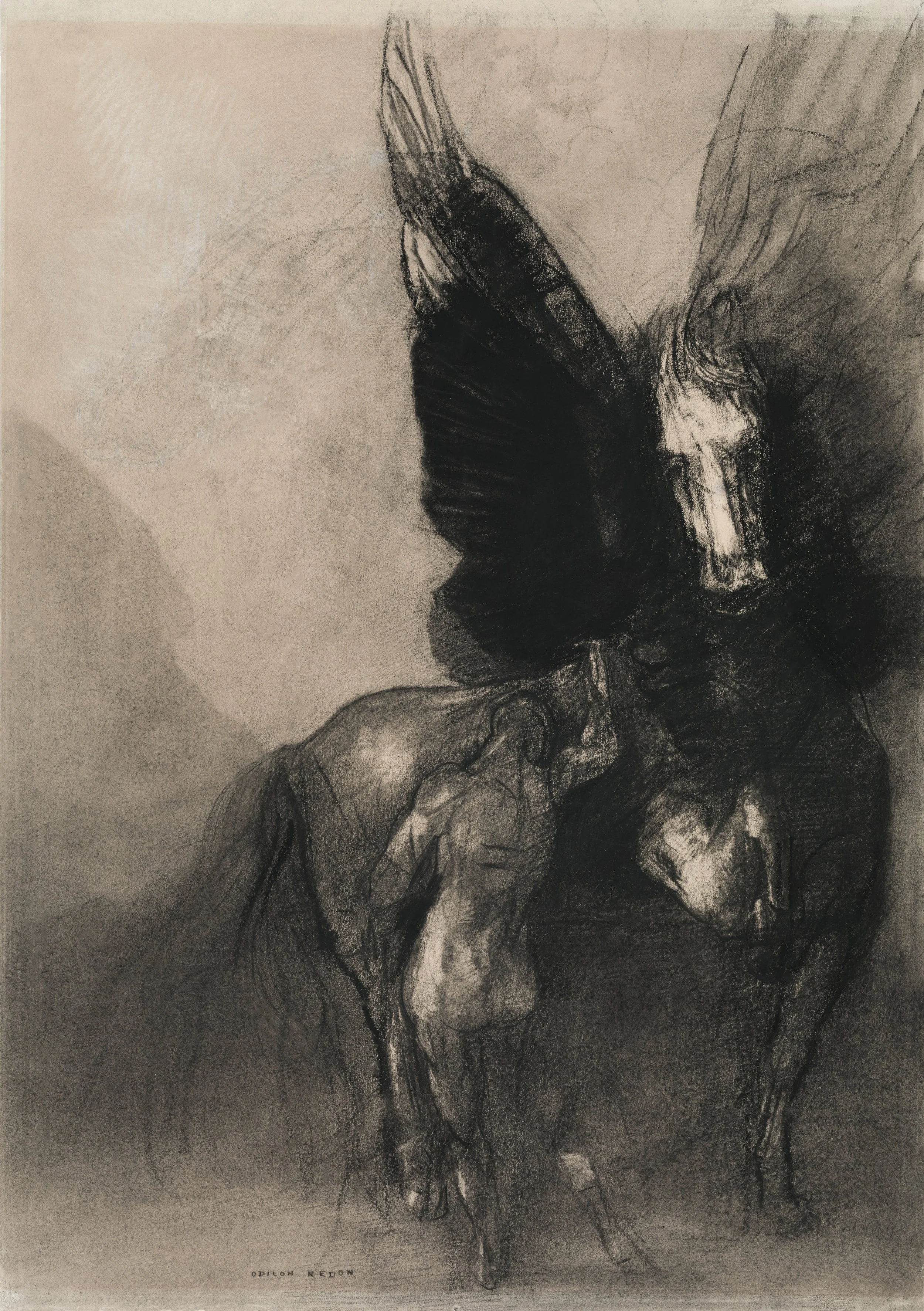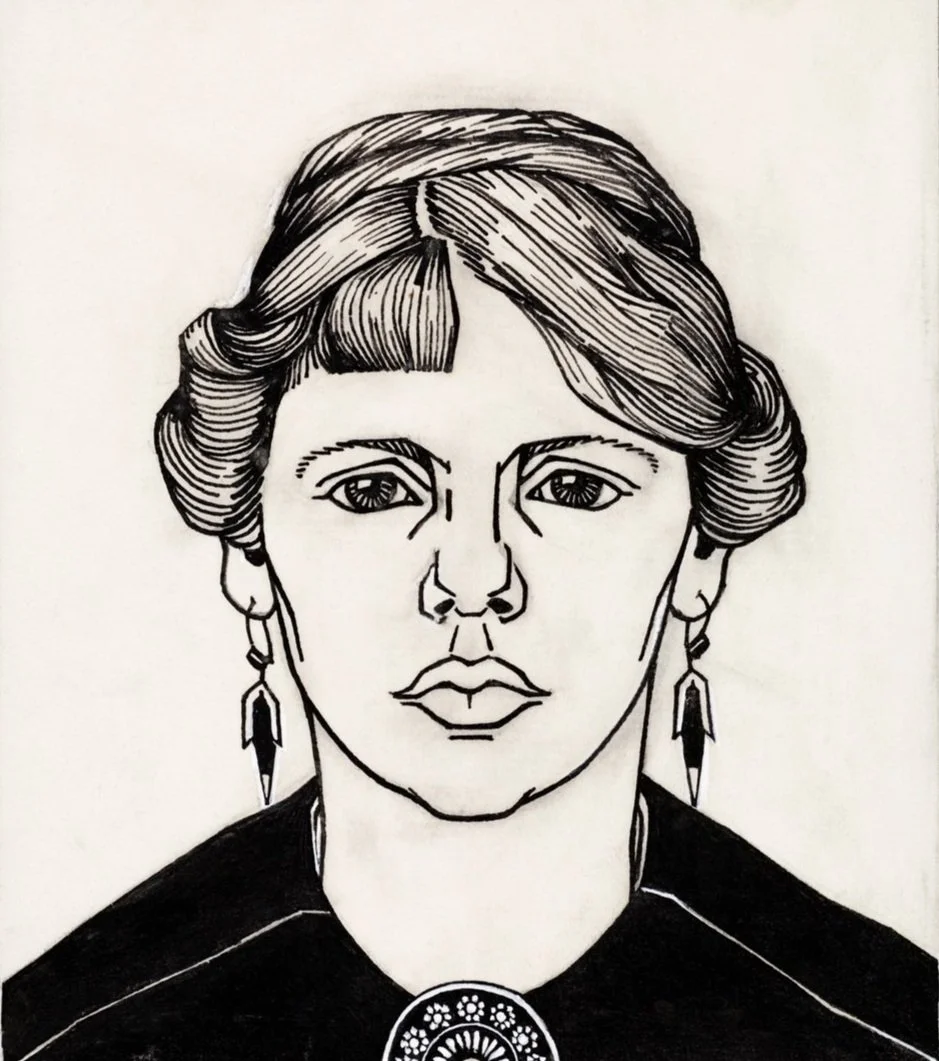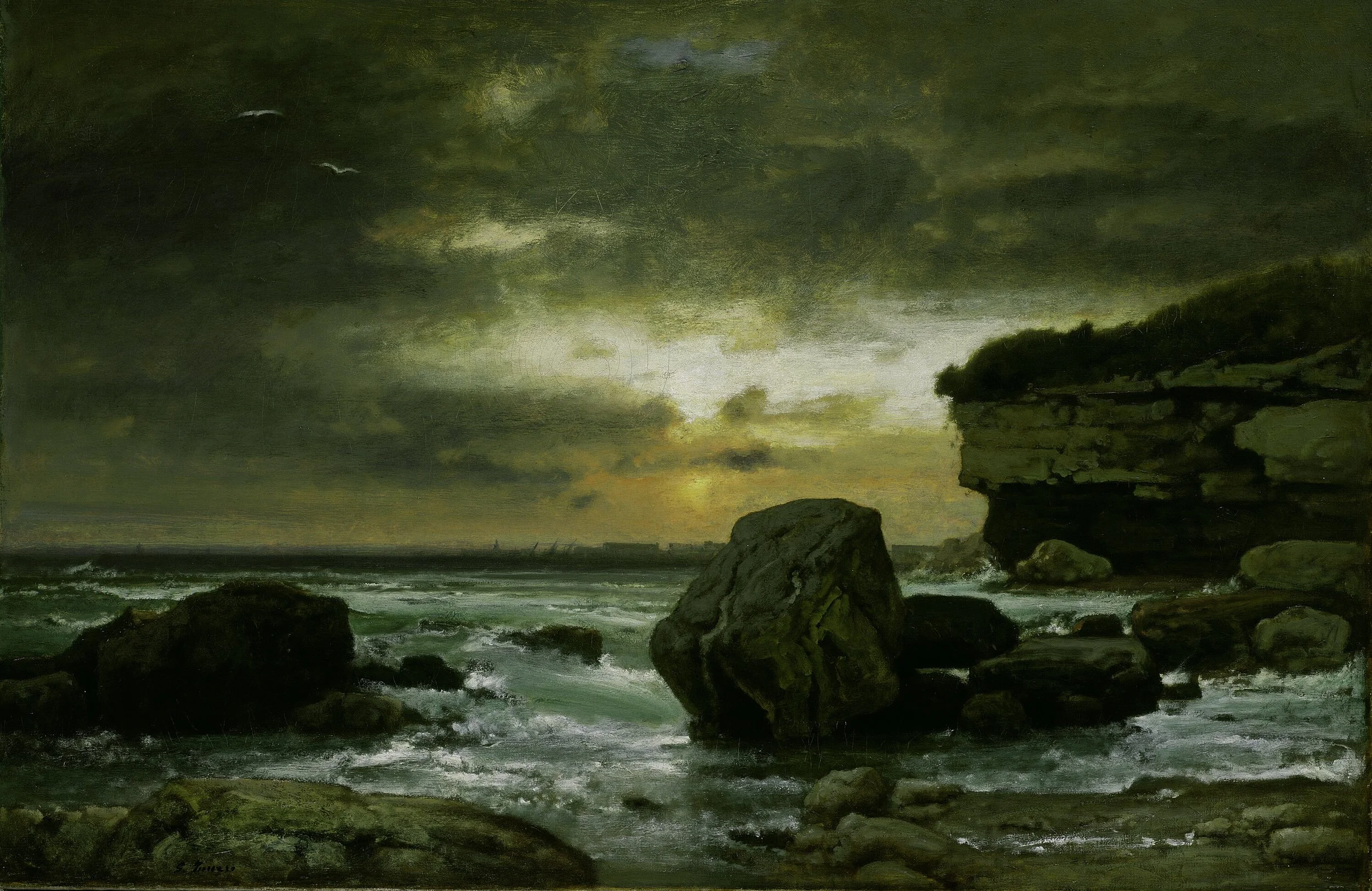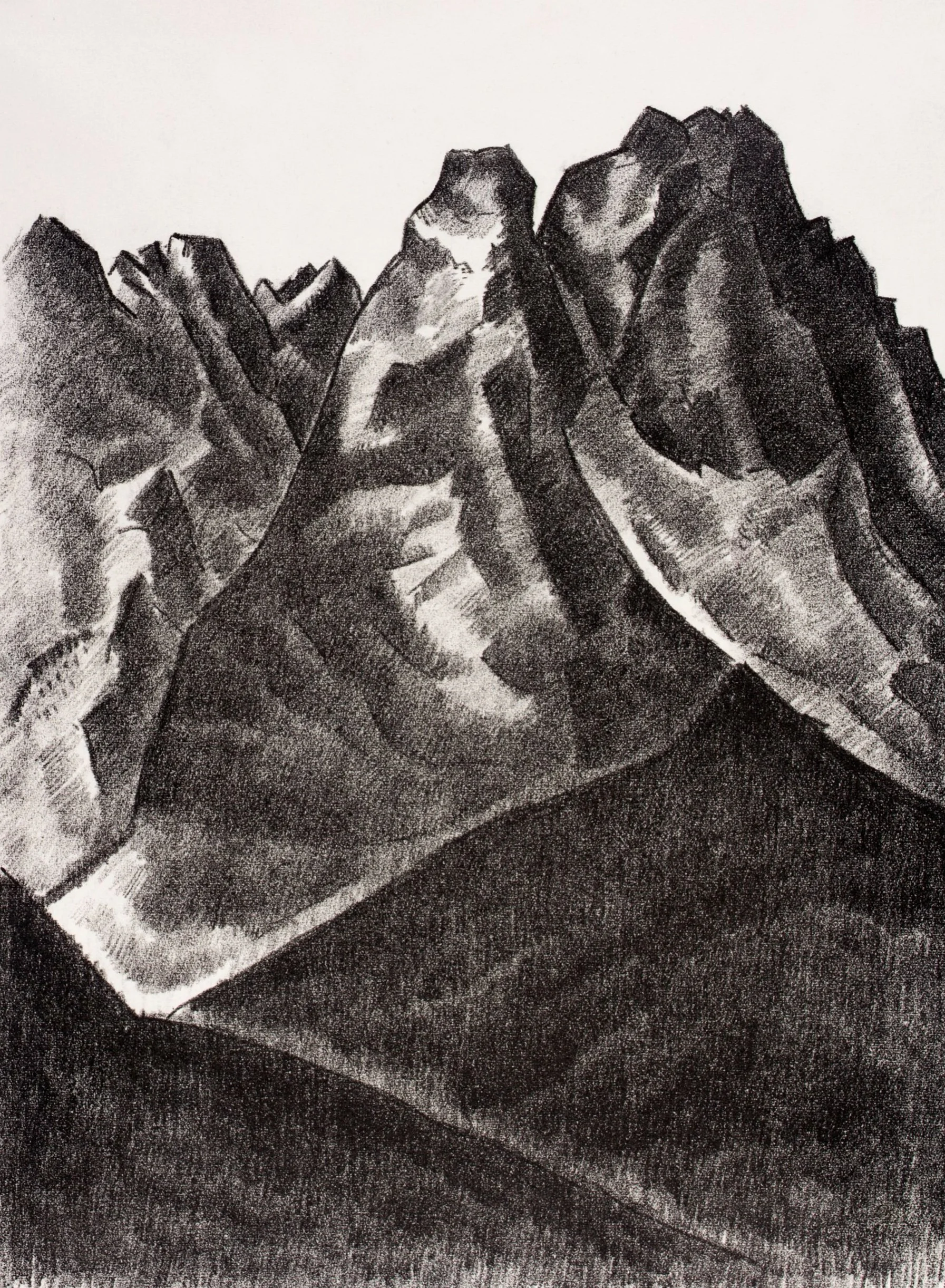
The Kingdom of the Greedy
First published in The Children’s Book of Thanksgiving Stories in 1915, this French fairy tale by P. J. Stahl tells of a kingdom so obsessed with sweets that their king orders a colossal tart to satisfy them, only for indulgence to bring ruin. A gently comic lesson in moderation and gratitude.
The Thanksgiving Goose
In Fannie Wilder Brown’s The Thanksgiving Goose, a boy’s complaints about his Thanksgiving dinner lead him to a neighbor’s bustling kitchen, where a family with little to spare is joyfully making mince pies. Their simple gratitude teaches him a quiet lesson in thankfulness, just in time for the holiday.
The Shunned House
Set in the damp heart of Providence, The Shunned House unfolds as both antiquarian mystery and metaphysical horror: a scholar and his uncle trace a lineage of decay to the cellar of an old home, where something beyond science feeds on human life. Lovecraft turns local history and rational inquiry into instruments of dread, ending with a quiet, corrosive triumph that feels less like victory than survival.
The Magic Shop
A strange shop appears on Regent Street, offering real magic, but only to the right sort of child. In this hauntingly playful tale by H. G. Wells, a boy and his father cross the threshold into a world where toys come to life and reality folds in on itself. The trick, it seems, is deciding what to believe once you're back outside.
The Haunted House
Dickens’s 1859 Christmas “haunted house” turns out to be less about specters than about how rumor and memory haunt the living. A skeptical narrator debunks village frights and, in Master B.’s garret, meets the truest ghost of all.
The Old Mansion
A grand seaside hotel once filled with gaiety, the Old Mansion fell into ruin after a tragic shipwreck, whispers of looted dead, and ghostly visions of drowned mothers and children. Today, only charred timbers and haunted memory linger on the dunes of Long Beach.
Thanksgiving Day
In Thanksgiving Day, Ambrose Bierce strips the holiday of sentiment and reveals its moral hollowness, turning the ritual of pardon into a grim spectacle of irony and injustice. With characteristic venom, he exposes a society eager to pat itself on the back for mercy only after indulging fully in cruelty, a feast of self-congratulation served cold.
The Man with the Book
In The Man with the Book, a pivotal early chapter in The Witch of Salem, John R. Musick conjures a spectral figure whose cryptic presence haunts both the colonial landscape and the conscience of its people. Neither wholly allegorical nor entirely human, he embodies the uneasy fusion of religious zeal and retributive justice that drives the Salem trials forward—his silent authority casting a longer shadow than any spoken curse.
Howe’s Masquerade
In Howe’s Masquerade, one of the more allegorical tales from Twice-Told Tales, Hawthorne stages a spectral procession of America’s past within the ballroom of Boston’s Province House, blurring the line between revelry and reckoning. Cloaked in historical costume and moral unease, the tale reflects Hawthorne’s preoccupation with the haunted legacy of the Puritan past and the theatricality of national identity.
Cheap Knowledge
In Cheap Knowledge, a quietly elegiac essay from Pagan Papers, Kenneth Grahame pays tribute to the humble delights of secondhand bookstalls, where faded volumes whisper of forgotten owners and half-remembered dreams. With characteristic charm and a touch of wistfulness, he elevates the act of browsing cast-off books into a celebration of democratic intellect—where wisdom, once costly, is scattered like autumn leaves for any wanderer to claim.
Hunting the Deceitful Turkey
Mark Twain turns a simple boyhood anecdote into a sly meditation on pride, gullibility, and the enduring comedy of self-deception. What begins as a rustic tale of pursuit and ambition ends, in classic Twain fashion, with the narrator hoisted by his own hubris—outwitted not by man, but by bird.
Jarley's Thanksgiving
John Kendrick Bangs transforms suburban domestic life into farce, charting one father’s descent from hopeful holiday rest to bruised, bedraggled chaos at the hands of an overzealous son and a rogue football. Beneath the slapstick lies a sharp, affectionate satire of middle-class aspiration, parental exhaustion, and the quietly heroic art of enduring family life with humor intact.
The Witch
In The Witch, Anton Chekhov delivers a brief, charged encounter between a provincial postmaster and his wife during a violent snowstorm, where suspicion, sensuality, and superstition swirl with the wind outside. What begins as a domestic quarrel mutates into something more elemental, as Chekhov exposes the undercurrents of fear and longing that haunt even the most ordinary lives.
The Haunted Island
Algernon Blackwood conjures a tale of quiet terror and metaphysical unease, as a solitary camper’s idyllic retreat on a deserted island becomes a confrontation with something ancient, watchful, and unseen. With his signature restraint and reverence for the natural world, Blackwood blurs the line between landscape and spirit, suggesting that the most haunting presences are those that remain unnamed.
The Legend of Sleepy Hollow
In The Legend of Sleepy Hollow, Washington Irving blends folklore, satire, and gothic atmosphere to conjure a distinctly American ghost story, one where superstition cloaks social rivalry, and the specter of the Headless Horseman becomes a mirror for colonial anxieties and masculine bravado. Beneath its autumnal charm and haunted valleys lies a tale less about terror than about the stories we tell to disguise ambition and defeat.
The Living Death
In The Living Death, Ferenc Molnár constructs a hushed, fevered horror in which the dead are not resurrected but awakened—only to discover that returning to life is the one thing truly forbidden. Beneath its gothic trappings, the story becomes a meditation on alienation, exhaustion, and the moral weight of choosing between memory and oblivion.
An Autumn Effect, 1875
Crisp with lark-song and the scent of fallen leaves, An Autumn Effect wanders through back roads and beech woods, observing the world with a light, amused eye and an undercurrent of melancholy. Stevenson lingers not to analyze but to feel—capturing the glow before dusk, the charm of small towns, and the gentle absurdity of both donkeys and men.
Beyond Lies the Wub
What begins as a routine cargo manifest spirals into an ontological standoff between appetite and awareness, as the crew of a Martian freighter confronts the unsettling eloquence of their dinner. With serene authority, the Wub disarms its captors—not through power, but by revealing how little they understand the difference between consuming and being consumed.
The Roman Bath
Time folds quietly in this story, where literary memory, travel fatigue, and spectral suggestion converge in a single, tepid plunge. More hallucination than haunting, the tale lingers in the space between homage and invention, offering a ghost not of the dead, but of the books we carry with us.
The Potion of Lao-Tsze
Richard Garnett’s The Twilight of the Gods and Other Tales is a sparkling collection of literary curiosities—fables, fantasies, and philosophical vignettes—that revel in the absurdities of gods, men, and the tenuous line between them.












